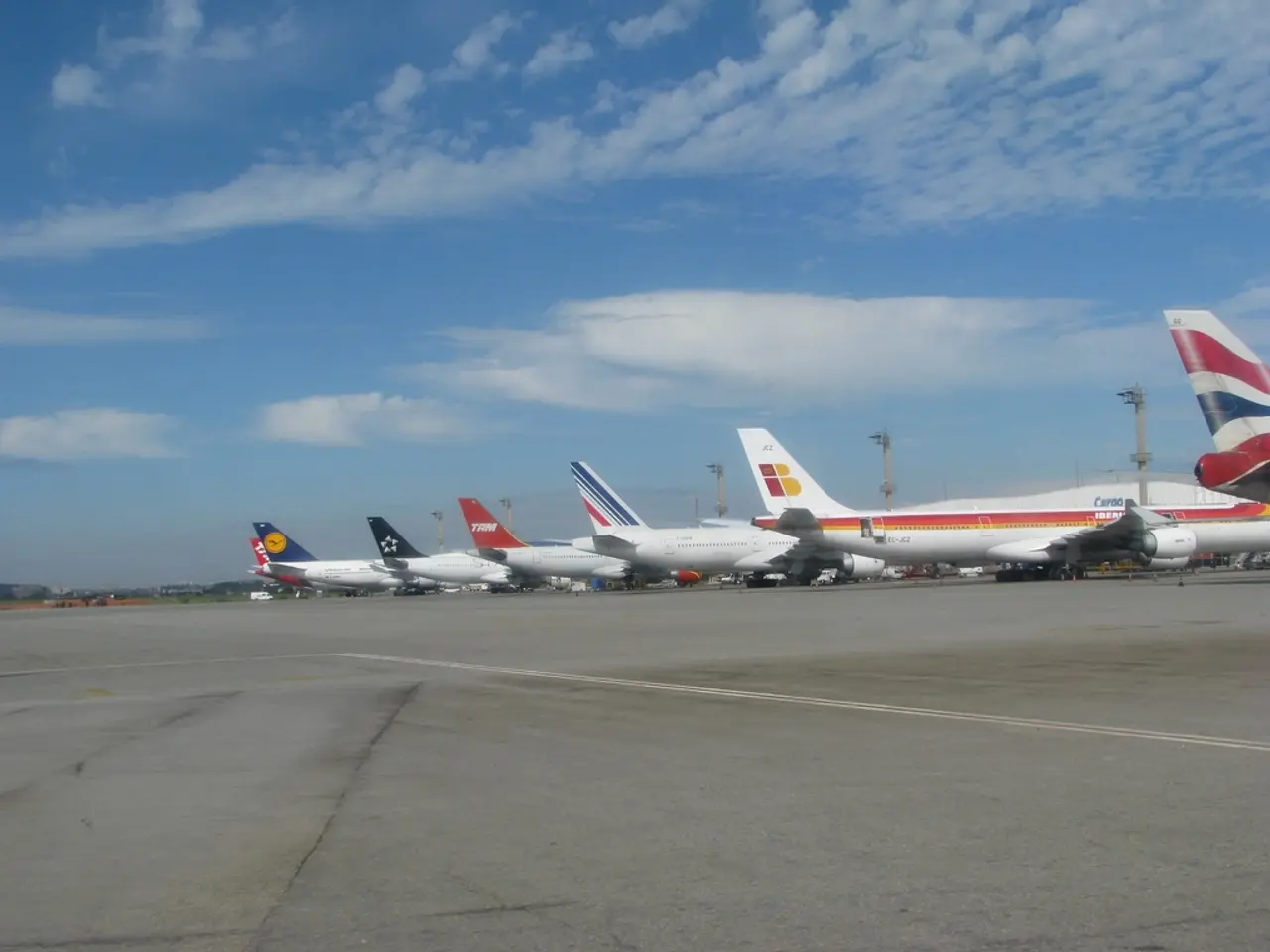Majority of Romanians Struggle with Affording a Week-Long Vacation, According to Eurostat Data
In a sobering report published by Eurostat on July 15, 2024, Romania was revealed to have the highest proportion of its population struggling to afford a one-week holiday. The data, which covered individuals aged over 16, showed that 58.6% of Romania's population faced financial hardship in taking at least one week of annual leave.
The figures were a return to conditions seen in 2018, following a modest improvement during the pandemic. In contrast, nearly 40% of the EU's population reported being unable to afford a week-long holiday in 2024, significantly lower than a decade earlier.
The data showed that several countries had above-average rates of holiday deprivation, including Hungary, Portugal, Croatia, Spain, Slovakia, Cyprus, Lithuania, Italy, Latvia, and Malta. However, Romania's rate of holiday deprivation was higher than that of Greece (46%) and Bulgaria (41.4%).
The high rate of holiday deprivation in Romania can be attributed to several factors. Despite being one of the cheapest countries to live in within the EU, with prices on average 30% lower than the EU average, Romania faces significant economic challenges that affect disposable income. The overall affordability of living does not necessarily translate to increased disposable income for holidays.
Another contributing factor is the relatively lower average incomes compared to other EU countries. This means that while the cost of living is lower, the purchasing power of the average Romanian citizen is also lower, making it difficult to afford non-essential expenses like vacations.
Romania also has significant levels of poverty and income inequality. This can lead to a large portion of the population struggling to afford basic necessities, let alone luxuries like vacations.
Job opportunities and wages in some sectors are limited, contributing to financial instability and reduced ability to save for holidays. The combination of these factors results in a substantial portion of the Romanian population being unable to afford a one-week holiday in 2024.
While Sweden and the Netherlands had lower rates of holiday deprivation in 2024, with figures of 11.6% and 13% respectively, Luxembourg had the lowest share of residents unable to afford a vacation, at just 9%.
The figures indicate continuing disparities in living standards and financial resilience across the EU, highlighting the need for targeted policies to address these issues and improve the quality of life for all EU citizens.
The high rate of holiday deprivation in Romania might be due to its challenging economic conditions, such as lower average incomes compared to other EU countries, which affect the purchasing power of its citizens. Moreover, despite Romania being one of the cheapest countries to live in within the EU, the overall affordability of living does not guaranteed increased disposable income for personal-finance activities like vacations.




